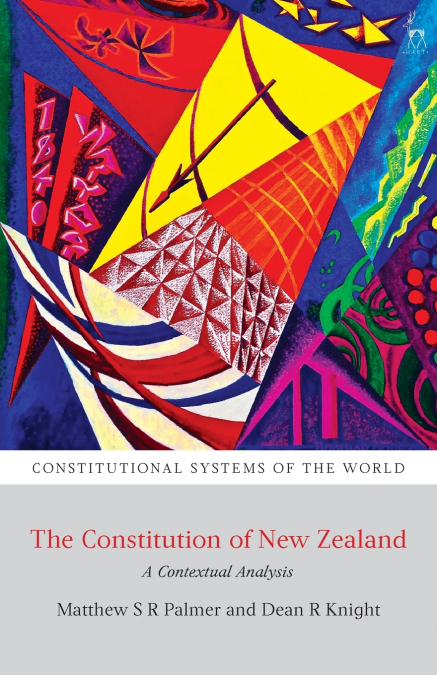
Dean R Knight / Matthew Sr Palmer
 Librería Perelló (Valencia)
Librería Perelló (Valencia)
 Librería Aciertas (Toledo)
Librería Aciertas (Toledo)
 El AlmaZen del Alquimista (Sevilla)
El AlmaZen del Alquimista (Sevilla)
 Librería Elías (Asturias)
Librería Elías (Asturias)
 Librería Kolima (Madrid)
Librería Kolima (Madrid)
 Donde los libros
Donde los libros
 Librería Proteo (Málaga)
Librería Proteo (Málaga)
This book examines New Zealand’s constitution, through the lens of constitutional realism. It looks at the practices, habits, conventions and norms of constitutional life. It focuses on the structures, processes and culture that govern the exercise of public power - a perspective that is necessary to explore and account for a lived, rather thantextual, constitution.New Zealand’s constitution is unique. One of three remaining unwritten democratic constitutions in the world, it is characterised by a charming set of anachronistic contrasts. 'Unwritten', but much found in various written sources. Built on a network of Westminster constitutional conventions but generously tailored to local conditions. Proudly independent, yet perhaps a purer Westminster model than its British parent.Flexible and vulnerable, while oddly enduring. It looks to the centralised authority that comes with a strong executive, strict parliamentary sovereignty, and a unitary state. However, its populace insists on egalitarian values and representative democracy, with elections fiercely conducted nowadays under a system of proportional representation. The interests of indigenous Maori are protected largely through democratic majority rule. A reputation for upholding the rule of law, yet few institutional safeguards to ensure compliance.